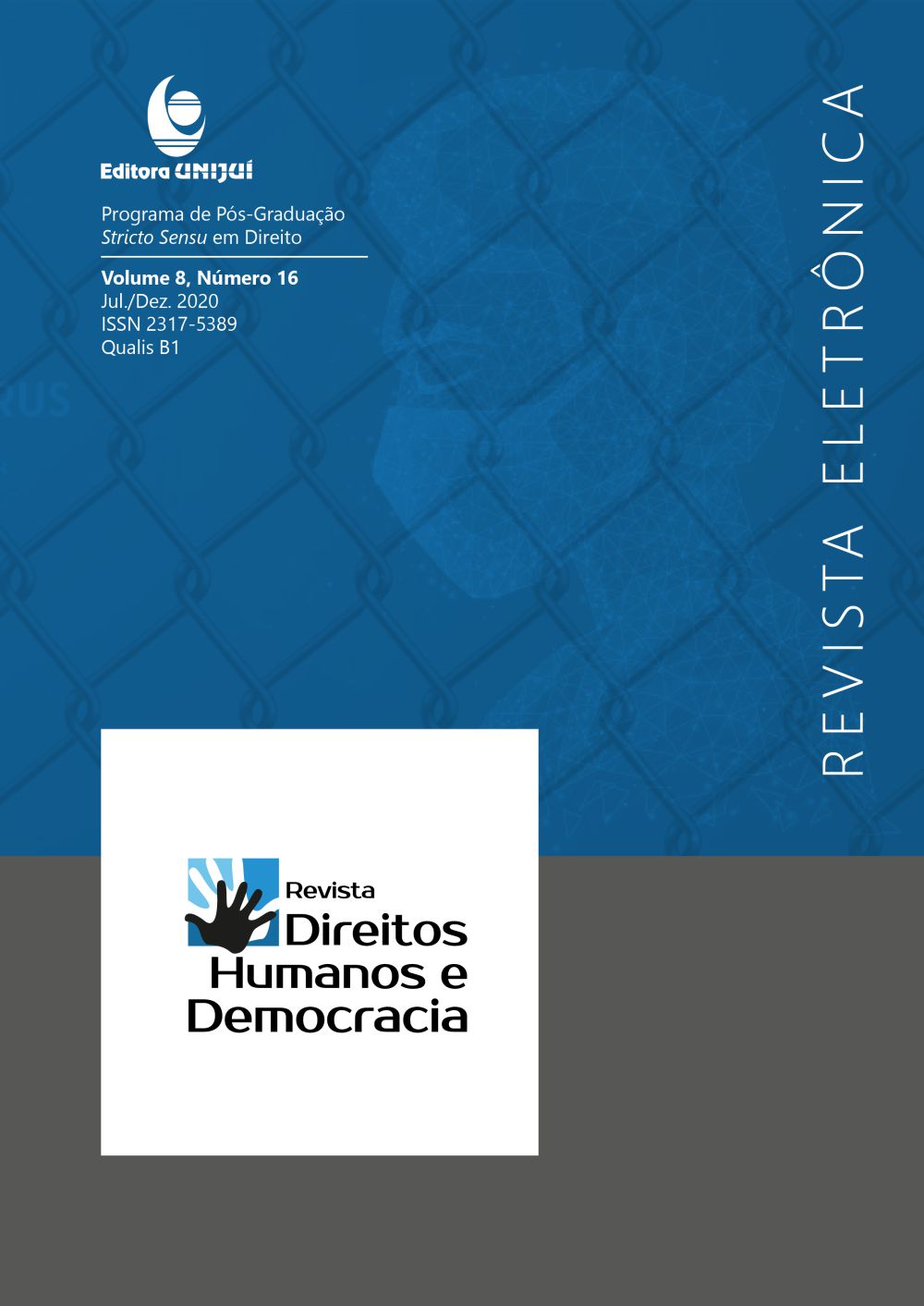A DOUTRINA DA RES INTERPRETATA NO SISTEMA INTERAMERICANO DE DIREITOS HUMANOS: DIFERENCIAIS, POTENCIALIDADES E DESAFIOS
DOI:
https://doi.org/10.21527/2317-5389.2020.16.75-94Keywords:
Res Interpretata, Inter-American Court of Human Rights, Erga omnes effect, International Human Rights LawAbstract
This article analyzes the res interpretata effect of the decisions of the Inter-American Court of Human Rights. Therefore, it addresses the emergence of the res interpretata doctrine in the European system of human rights, including the implications related to the understanding of the European Convention as a living instrument and the margin of appreciation theory. Then, it approaches the migration of this doctrine to the Inter-American jurisprudence, with special emphasis on the conventionality control and the considerations made by Judge Mac-Gregor in the Gelman v. Uruguay case. In addition, it discusses the differentials, potentialities and challenges on recognizing the San José Court as a treaty body that disseminates standards of interpretation and application of human rights beyond cases that are submitted to it, analyzing, for example, the repercussions of the Regional Court’s position on Latin American amnesty laws. The research uses the deductive approach, through bibliographic and jurisprudential review. In the end, it concludes that the peculiarities of the Inter-American system allow for a better development of the res interpretatadoctrine, underlining the need to improve the dialogue between the Inter-American Court and the internal authorities of the states.
Downloads
Published
How to Cite
Issue
Section
License
By publishing in the Revista Direitos Humanos e Democracia, authors agree to the following terms:
Articles are licensed under the Creative Commons Atribuição 4.0 Internacional (CC BY 4.0), which allows:
Share — copy and redistribute the material in any medium or format;
Adapt — remix, transform, and build upon the material for any purpose, including commercial use.
These permissions are irrevocable, provided the following terms are respected:
Attribution — authors must be properly credited, with a link to the license and indication of any modifications made;
No additional restrictions — no legal or technological measures may be applied that restrict the use permitted by the license.
Notices:
The license does not apply to elements in the public domain or covered by legal exceptions.
The license does not grant all rights required for specific uses (e.g., image rights, privacy, or moral rights).
The journal is not responsible for opinions expressed in the articles, which remain the sole responsibility of the authors. The Editor, with the support of the Editorial Committee, reserves the right to suggest or request modifications when necessary.
Only original scientific articles presenting research results of interest, not previously published or simultaneously submitted to another journal with the same purpose, will be accepted.
References to trademarks or specific products are intended solely for identification purposes and do not imply any promotional endorsement by the authors or the journal.
License Agreement: Authors retain copyright over their articles and grant the Revista Direitos Humanos e Democracia the right of first publication.













